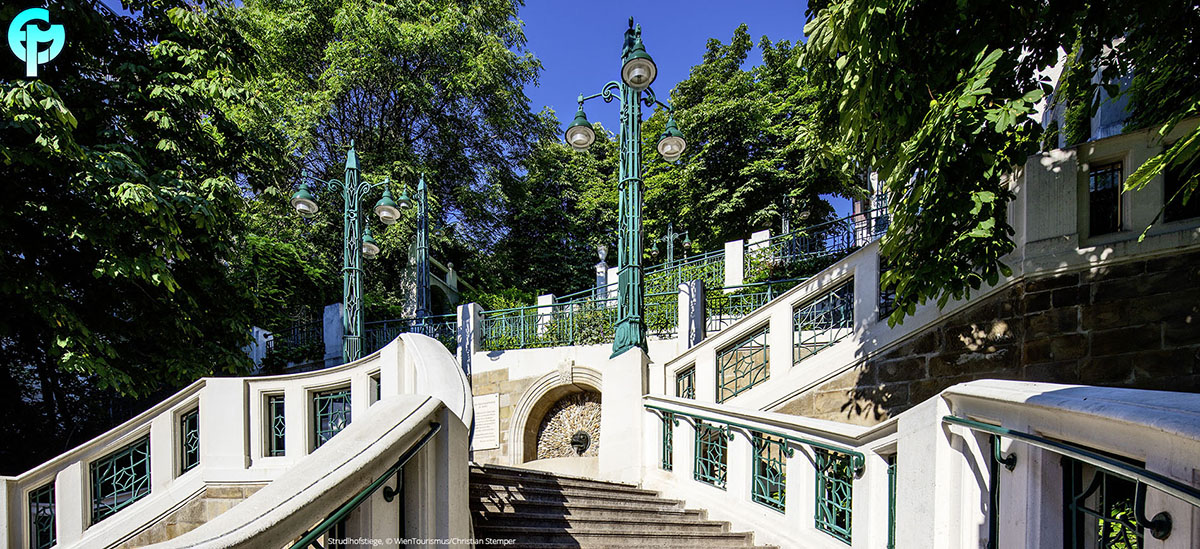
SEAA 2017 - Estimation and Prediction in Software and Systems Engineering
Call for Papers:
Estimation and Prediction in Software and Systems Engineering (EsPreSSE)
Estimation and prediction approaches are a valuable foundation for planning activities and for making the right decisions at the right time in software and systems engineering. Over the last decade, research and practice in software estimation and prediction have advanced the ability to infer likely future results and implications for project and product development based on the present development stage, experiences gained in previous project phases, and data from past projects.
The increasing availability of large sets of rich data fuels estimation and prediction approaches also in related areas and new application contexts, e.g., for mobile systems or multi-disciplinary engineering projects. A tremendous trend is the application of mobile devices in several domains and the corresponding app development. New challenges arise, such as achieving a faster time to market, focusing on quality properties such as usability, security, and how to balance them, or deciding the point to release an app regarding faster feedback versus better quality.
The objective of this special session is to provide a forum where researchers and practitioners discuss applications and results of software estimation and prediction approaches. In particular, the session encourages the exchange of experiences from applications in commercial, industrial and open source projects that indicate strengths and limitations of these approaches in a real-world setting. We encourage especially submissions in the area of mobile systems.
The EsPreSSE Session is an integral part of the Software Management track of the 43rd Euromicro Conference on Software Engineering and Advanced Applications (SEAA) 2017.
Topics of interest include, but are not restricted to:
- Estimation and Prediction approaches to support of software engineering tasks and guidance for quality assurance.
- Estimation and prediction of usage behavior and applications to support development and maintenance activities.
- Risk estimation and prediction in software and systems development projects.
- Usage-, product- or process-related quality attributes.
- Big data in context of area of pervasive and mobile computing.
- Case studies on the application of estimation or prediction in software and systems engineering.
- Experience reports about successful or unsuccessful estimation or prediction including a retrospective analysis and lessons learned.
- Practical approaches for constructing effort and prediction models from real-world data sets (e.g., incomplete, inconsistent, fuzzy, and/or erroneous)
- New ideas, methods and tools for estimation or prediction.
In particular, we encourage submissions demonstrating the benefits or limitations of EsPreSSE approaches through case studies, experiments, and quantitative data.
Submission of Papers
The conference proceedings will be published by the IEEE Computer Society. The format is the IEEE two-column proceedings format (max 8 pages). Submission will be handled via EasyChair: https://easychair.org/conferences/?conf=seaa2017. It is planned to select best papers among all tracks of SEAA and present them with an award.
Session Chairs
Frank Elberzhager, Fraunhofer Institute for Experimental Software Engineering, Germany
Dietmar Winkler (http://qse.ifs.tuwien.ac.at/~winkler), Vienna University of Technology, Austria
Program Committee
Maria Teresa Baldassarre, University of Bari Aldo Moro, Italy
Ayse Basar Bener, Ryerson University, Canada
Maya Daneva, Univeristy of Twente, The Netherlands
Oscar Dieste, Universidad Politecnica de Madrid, Spain
Robert Feldt, Blekinge Institute of Technology, Sweden
Jens Heidrich, Fraunhofer IESE, Germany
Michael Kläs, Fraunhofer IESE, Germany
Emilia Mendes, Blekinge Institute of Technology, Sweden
Sandro Morasca, University of Insubria, Italy
Raimund Moser, Free University of Bolzano, Italy
Jürgen Münch, University of Reutlingen, Germany
Thomas Natschläger, Software Competence Center Hagenberg, Austria
Sebastiano Panichella, University of Zürich, Switzerland
Rudolf Ramler, Software Competence Center Hagenberg, Austria
Andreas Rausch, TU Clausthal, Germany
Barbara Russo, Free University of Bolzano, Italy
Miroslaw Staron, University of Göteborg, Sweden
Ayse Tosun, Bogazici University, Turkey
Burak Turhan, University of Oulu, Finland
Stefan Wagner, University of Stuttgart, Germany